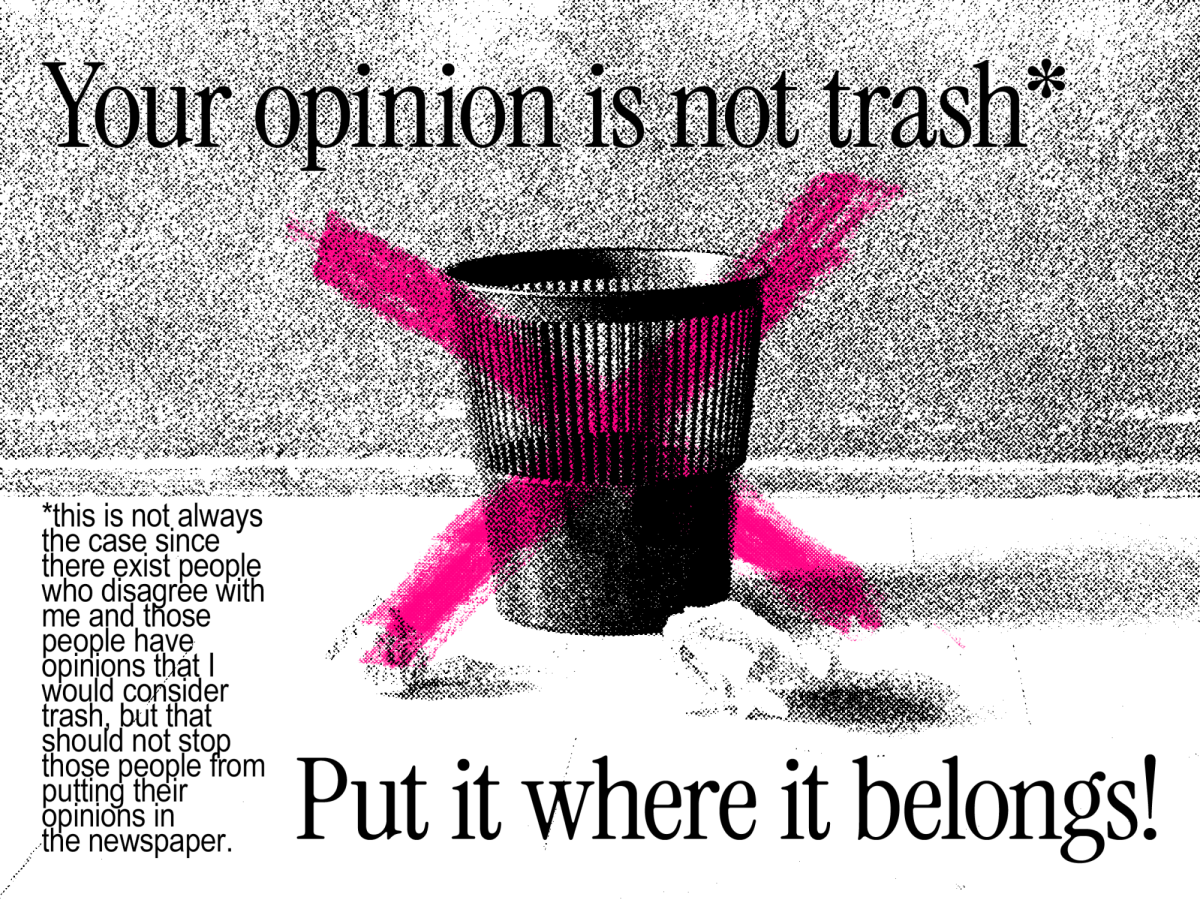It was announced in February that Seattle University’s decision to accept incoming high school students would not be affected by disciplinary actions taken against them for peacefully protesting.
Shortly thereafter, the Seattle Times wrote a raving article about this decision. In it, Seattle U Dean of Admissions Melore Nielsen was quoted describing peaceful protests as “in alignment with the Jesuit ethos.”
“We feel strongly at Seattle U — how could we penalize students for acting on their values?” Nielsen told The Times.
The Spectator Editorial Board agrees with Nielsen’s statement. We would like to believe that the university upholds those values, and that the institution does not, in fact, support protests that occur in the campus community. This assertion is rooted in a decision made in October of 2016, when Seattle University added a “demonstrations” clause to the university Code of Student Conduct.
Among the clause’s numerous assertions, one of the most salient is the requirement for the protestors to meet with the Center for Student Involvement prior to the protest, “preferably 48 hours or as far in advance as possible.” In addition, the clause prohibits protests from “actively disrupt scheduled class meetings, teaching, administration, or disciplinary procedures and/or other university functions or authorized activities.”
The inception of the protest clause came a mere four months after the Matteo Ricci College sit-in, though the university denied the connect between the two. It is our belief that, in accordance with these new guidelines, the Matteo Ricci College protest could not have ensued at all.
The Spectator Editorial Board calls on the university administration to amend the protest clause in conjunction with the values set forth by Seattle U students and community leaders. Protest are not impactful when they are confined by rules and regulations. When in their organic and non-manufactured form, they are undeniably healthy for the university:
“It was not an easy experience, it was an experience of great debate and conflict and not easy at all,” Father Stephen Sundborg, S.J. told the Spectator in May of 2017 regarding the MRC protests.” But I think we’re a healthier university and that we’re more aware.”
So why doesn’t our code of conduct reflect that assertion?
To the Seattle University administration: trust us – your students – to live out the mission the way that we see fit, to identify the wrongs in the world and tirelessly fight for a just and humane future. We are not only asking you to amend the demonstration clause; we are asking you to practice what you preach.
– The Spectator Editorial Board





John Bee
Apr 18, 2018 at 9:17 pm
As an alum and part-time continuing ed student, I fully support the demonstrations clause. Democracy means making a case for your cause in a way that does not interfere with the rights of others, and if you can’t convince people to prioritize your particular project, no matter how noble and just, that’s life. You don’t get to take my time, interrupt my classes, damage property and cause a ruckus just because you want to prove how righteous you are. I’m betting the vast majority of alumni and I suspect most students support the policy and feel a sense of relief that it’s now in place so we don’t have to see a repeat of last years drama.
the_bullhorn
Apr 17, 2018 at 6:50 am
The Spectator continues to perpetuate false narratives about the University. No new Fake News here.